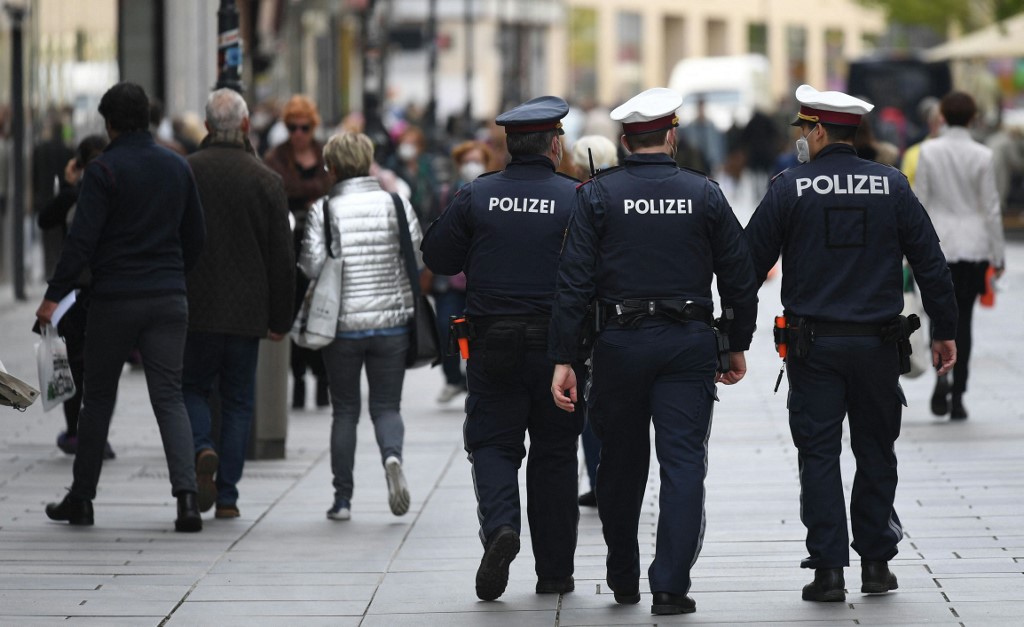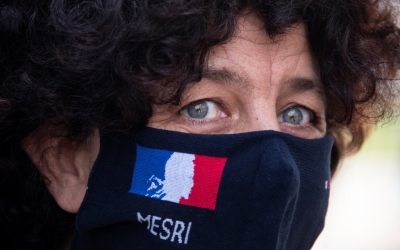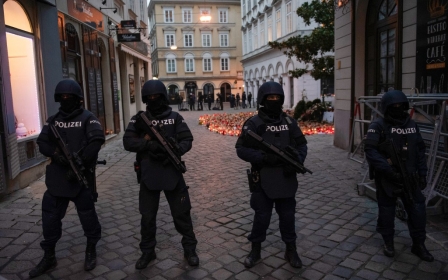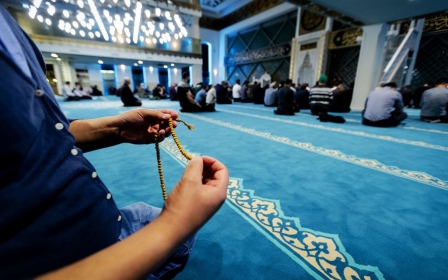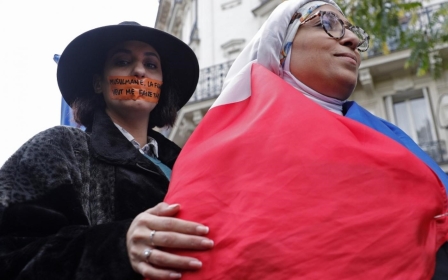How Europe turned Islamophobia into a dangerous myth
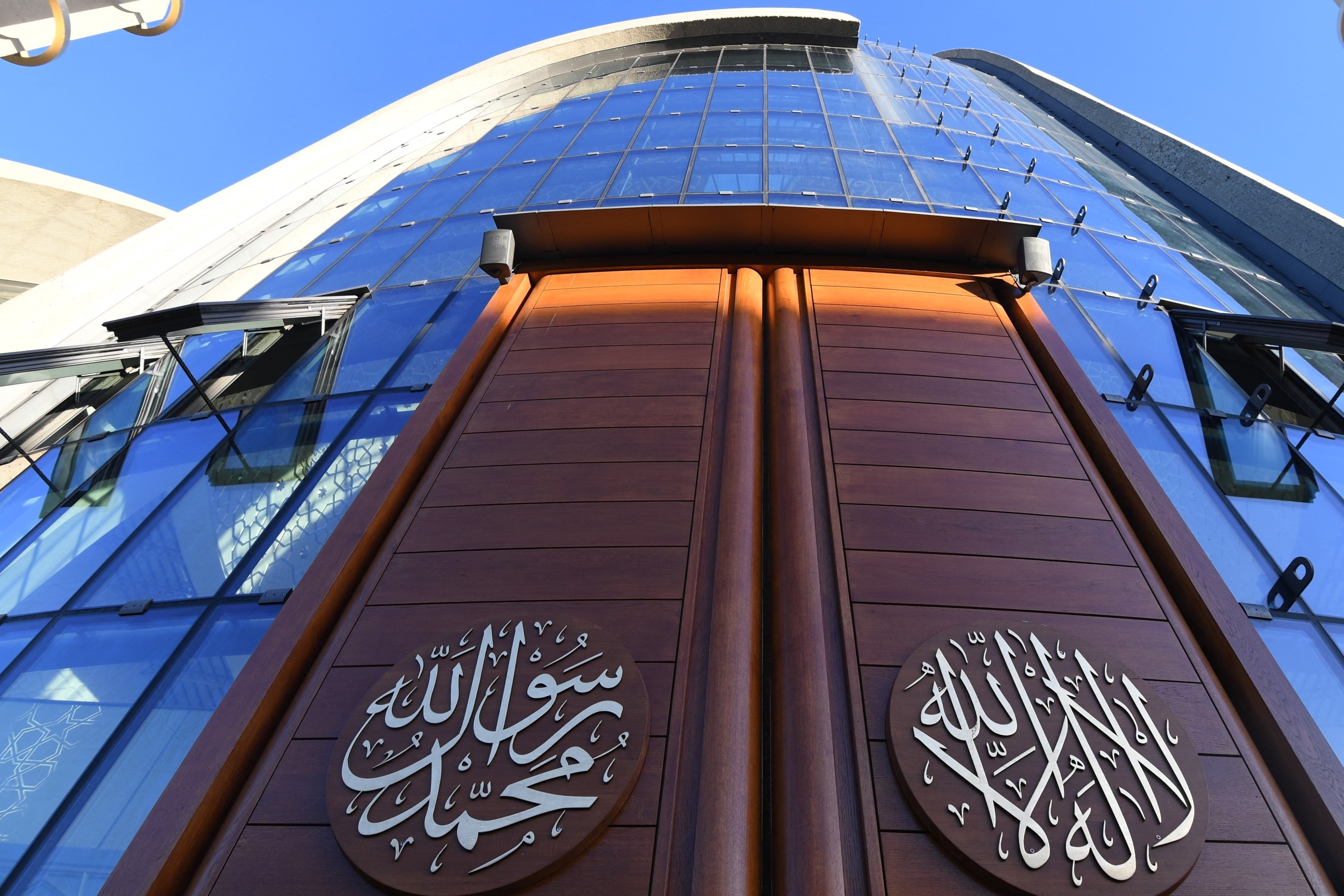
In recent years, a culture war against Islamophobia studies has been waged in France, Austria and Germany. European governments, political parties and ideologues have denied that Islamophobia is a problem in their countries and in their policies towards Muslim communities.
Over the past two decades, the study of Islamophobia has increasingly emerged as an academic sub-field, documenting and challenging anti-Muslim racism, discrimination, hate speech and violence around the world. Information on the causes and impacts of Islamophobia have appeared in books, journals, conferences, media reports and major polls - and yet, a number of European governments are still trying to deny its existence.
Islamophobia has become a problematised term for state authorities, as the crackdown continues on Muslim civil society and critical scholars
In France, the government has cracked down on universities’ freedom of research. French President Emmanuel Macron and key ministers have claimed that “Islamo-leftism” threatens to corrupt French society, and especially universities. Higher Education Minister Frederique Vidal has accused some scholars of advancing “radical” and “activist” ideas, alleging that scholars of race and gender look “at everything through the prism of their will to divide, to fracture, to pinpoint the enemy”.
The French government and its supporters do not accept critical scholarship and debate on the emerging field of Islamophobia studies, framing it as being responsible for creating and promoting a dangerous social divide. Contemporary French philosopher Pascal Bruckner argues in his book An Imaginary Racism: Islamophobia and Guilt that Islamophobia is a fabrication, weaponised by Islamists for mass intimidation. He concludes that anti-racists have become racists themselves, and calls for the defence of “western values”.
This type of Islamophobic discourse has been used by other European governments and politicians to silence any criticism of their assimilationist policies against working class Muslim populations.
New MEE newsletter: Jerusalem Dispatch
Sign up to get the latest insights and analysis on Israel-Palestine, alongside Turkey Unpacked and other MEE newsletters
'Siege mentality'
Lorenzo Vidino, a legal scholar who has been charged with promoting conspiracy theories about the Muslim Brotherhood, has served as an adviser to European governments and is connected to a number of anti-Muslim think-tanks in the US and Europe.
The Norwegian white nationalist and mass murderer Anders Behring Breivik relied in part on ideas propagated by Vidino about the Muslim Brotherhood “infiltrating” Europe.
Vidino has argued that Muslim Brotherhood organisations are “modern-day Trojan horses, engaged in a sort of stealth subversion aimed at weakening European society from within, patiently laying the foundations for its replacement with an Islamic order". He has also alleged that this “new” Muslim Brotherhood network has a “remarkable propaganda machine” to discredit opponents via accusations of Islamophobia.
Vidino, who has praised Austria as a “model for Europe’s crackdown on Islamists”, generated a 2017 report for the Austrian government that claimed, without evidence, that the Muslim Brotherhood exaggerates incidents of Islamophobia “to foster a siege mentality within local Muslim communities, arguing that the government and Western societies are hostile to them and to Islam in general”. He argued that this victimhood narrative, the first step towards radicalisation, could lead to violence.
The report provided a basis for Austrian government officials and bodies to discredit discussions on Islamophobia. The far-right Freedom Party of Austria and the governing Austrian People’s Party, under the leadership of Sebastian Kurz, have a long record of Islamophobic speeches and legislation.
In Germany, the governing Christian conservative parties, CDU and CSU, recently issued a paper quoting Muslim theologian Mouhanad Khorchide, who said that “terms like Islamophobia and anti-Muslim racism have become combat terms of political Islam”. An open letter preceding the paper asserted the importance of not being “intimidated by unfounded accusations of Islamophobia”.
Dangerous fallout
From this position against the study and awareness of Islamophobia, politicians in Austria, Germany and France have framed “political Islam”, “Islamist separatism” or “Islamism” as the greatest threat facing European society. This has allowed political leaders to justify drastic measures against an allegedly dangerous group of people.
As a consequence, we have seen raids targeting Muslim civil society organisations and mosques in the name of protecting the state. Yet, such policies undermine the constitutionally protected freedoms of religion, conscience, speech and thought.
A recent example of the dangerous fallout from this culture war was a raid targeting 30 alleged terrorists in Austria last November. Interior Minister Karl Nehammer argued it was aimed at “cutting off the roots of political Islam”. But when the suspects were subsequently interrogated, they were asked questions that had little to do with violence, and a lot to do with an orientalist perspective on Islam.
The questions included: What do you understand by the term “Islamophobia”? In your opinion, is this term justified? Are Muslims suppressed in Austria? Is Islamist global terrorism possibly the reason for fears emanating from Islam, or is it the oppression, especially of women or people of other faiths, by the norms of Sharia? Do you wake up your wife for prayers in the morning? Are your kids allowed to play music? Do you have non-Muslim friends? Is your daughter allowed to marry a Christian, Jew or atheist?
Such questions reveal the extent to which Islamophobia has become a problematised term for state authorities, as the crackdown continues on Muslim civil society and critical scholars.
The views expressed in this article belong to the author and do not necessarily reflect the editorial policy of Middle East Eye.
Middle East Eye delivers independent and unrivalled coverage and analysis of the Middle East, North Africa and beyond. To learn more about republishing this content and the associated fees, please fill out this form. More about MEE can be found here.


